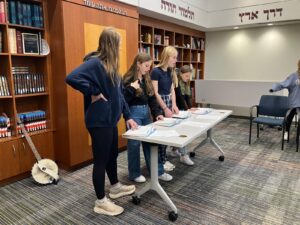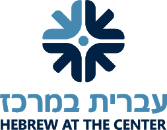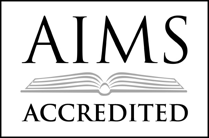In Netivot Tefillah, Students Initiate New Prayer Paths and Gain Diverse Leadership Experience
December 20, 2024 by
This fall, MILTON introduced Netivot Tefillah, or “prayer paths,” to our North Campus tefillah program. North Campus principal Lisa Schopf and Director of Jewish Life Scott Slarskey call these “serial experiences targeted at empowering students in various aspects of tefillah.” They arose out of conversations, surveys, and focus groups initiated by Middle School students.








